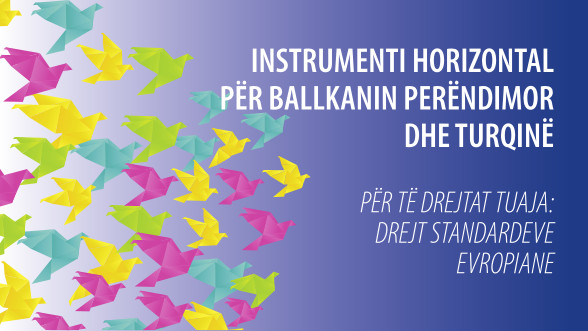Public interest in the work of judiciary in Montenegro has increased significantly in recent years. In order to make use of the strengths and opportunities for communicating with media and enhancing public trust in the judiciary, the Judicial Council and the Supreme Court embarked on a process of developing a single Communication strategy to set goals and measures for improving internal and external communication in the period 2024 – 2026.
The process was informed by the relevant Council of Europe standards and guidelines, notably the Opinion No. 7 (2005) of the Consultative Council of European Judges (CCJE) on Justice and Society and the Guide on Communication with the Media and the Public for Courts and Prosecution Authorities.
The process resulted in the adoption of the Communication strategy of the Judicial Council and Courts on 10 February, creating a framework for continued work on transparency and public outreach and on constant improvement of the judge's communication competences. The accompanying Action Plan was adopted as well, encompassing 32 measures, aimed at enhancing judicial impartiality, integrity and professionalism. The Communication Protocol for Courts (so-called KOPS) was updated and forms an integral part of the new Strategy.
The Strategy is based on SWOT analysis and implies periodic reports on progress and on areas requiring further or stronger efforts. Particular focus is on ensuring balance between legitimate right of public to be informed and rights of all those involved in judicial proceedings, notably the right to fair trial and the rights of victims.
The Strategy was developed with support of the action "Strengthening accountability of the judicial system and enhancing protection of victims' rights in Montenegro" which is part of the joint European Union and Council of Europe programme Horizontal Facility for the Western Balkans and Türkiye.



